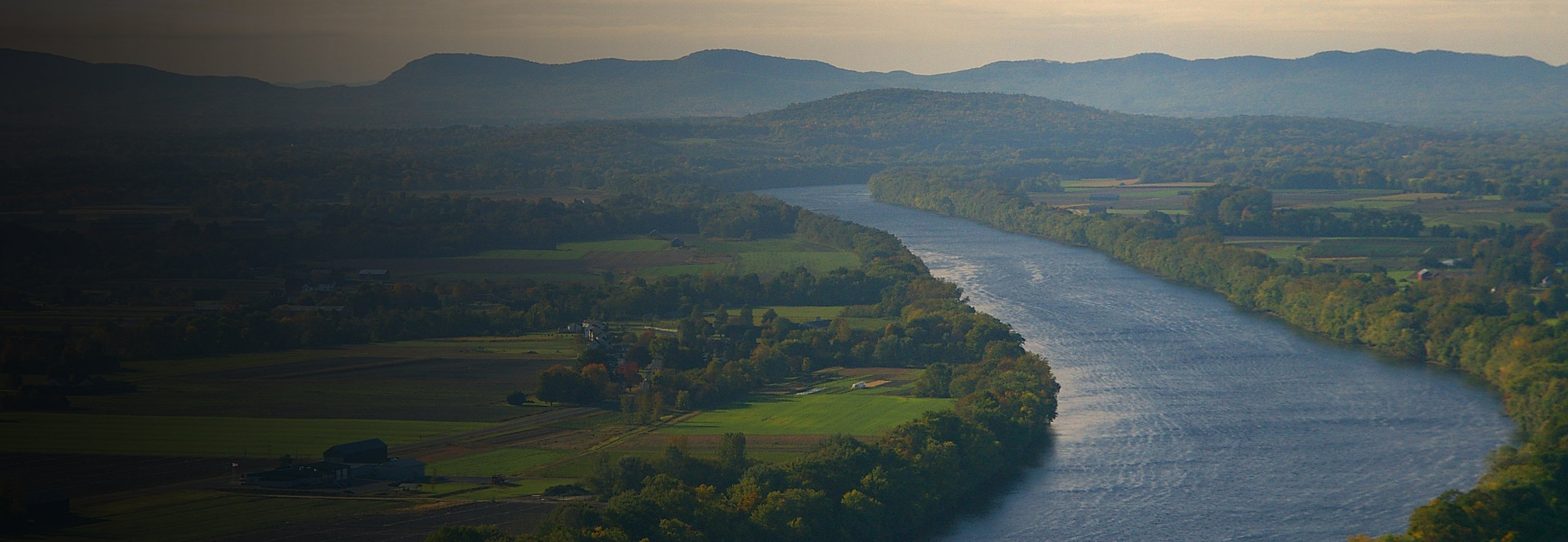 Connecticut Drone Laws
Connecticut Drone Laws
State Rules and Regulations

State Rules and Regulations
Federal airspace laws take precedence over state drone laws. If a state or local law directly conflicts with FAA regulations, the state or local law is likely to be invalidated. All commercial drone pilots operating in Connecticut must adhere to the FAA's Part 107 Rules.
Connecticut law defines a “commercial unmanned aircraft” as an aircraft operated remotely by a pilot in command holding a valid remote pilot certificate with a small unmanned aircraft systems rating issued by the Federal Aviation Administration.
Connecticut's state laws address several key areas, most notably establishing rules for how municipalities can regulate commercial drone operations, as well as how general privacy and wildlife laws apply to drones.
State Preemption for Commercial Drones (Public Act 17-52) This is the primary drone-specific law in Connecticut. It limits the ability of municipalities to regulate commercial drone operations.
Privacy and Voyeurism (C.G.S. § 53a-189a) While the state's voyeurism law does not specifically mention the word "drone," its provisions apply to UAS operations. The law makes it a felony to record or broadcast images of another person without their knowledge or consent in a situation where that person has a reasonable expectation of privacy.
Hunting and Wildlife Regulations from the Connecticut Department of Energy and Environmental Protection (DEEP) prohibit the use of aircraft, including drones, to hunt, pursue, harass, or herd wildlife.
A critical distinction in Connecticut is that the state preemption law only applies to commercial drone operations.
This means that towns, cities, and other municipalities are permitted to create and enforce their own ordinances for recreational drone flights. Many towns have enacted rules that restrict the takeoff and landing of recreational drones in public spaces like town parks and beaches. All recreational pilots must research and comply with local ordinances before flying.
Disclaimer: This information is for educational purposes only and does not constitute legal advice. If you are in need of legal assistance, you should seek out an attorney licensed to practice in your state.
Overview of drone rules and regulations.
.png?width=2030&height=497&name=Background%20(1).png)
Airsight is a leading drone detection security software company that specializes in delivering sUAV Detection Solutions and pilot location tracking for Critical Infrastructures, Universities, Spectator Sports, Prisons, Events, and more. Our UAV security experts integrate projects of all scopes and sizes nationwide, through a top consultative approach, to deliver the best UAV turnkey detection solution to secure your airspace.
Richardson1202 Richardson Dr. STE 450, Richardson TX 75080